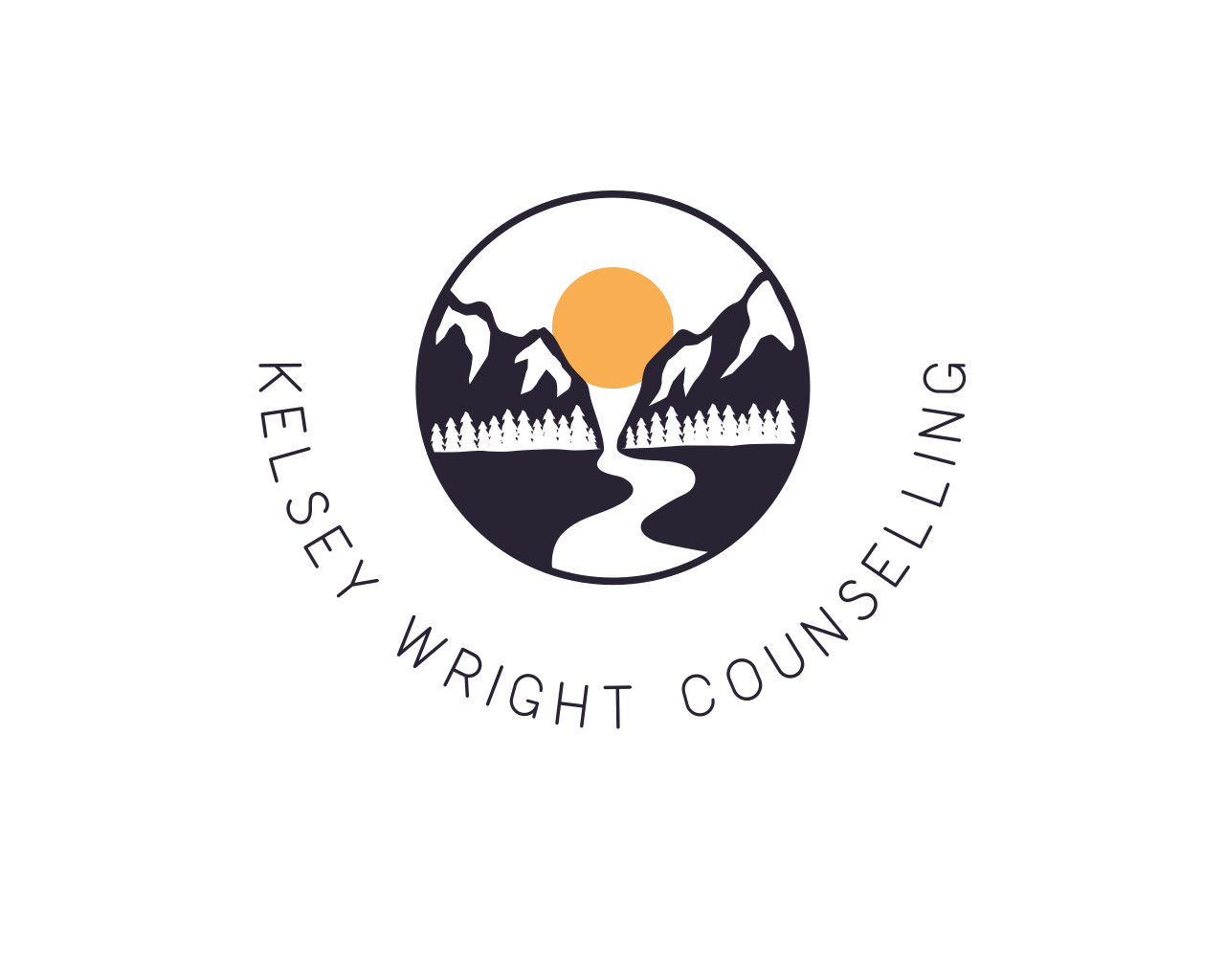Coping with FOMO and Other Negative Beliefs Among Athletes in Squamish, BC
Squamish, British Columbia, nestled in the heart of stunning mountain landscapes, is a haven for outdoor enthusiasts. With a wide array of activities like skiing, biking, rock climbing, and trail running, it's no surprise that athletes often experience a sense of FOMO (Fear Of Missing Out) in this adventurous community. This blog post will explore the importance of finding other interests and hobbies beyond your primary sport, especially in the face of injuries and aging, and offer strategies for coping with FOMO and other negative belief systems which often arise with the pressures of adventure sports.
The Allure of Squamish's Outdoor Scene: Squamish boasts an incredible outdoor scene, attracting athletes from around the world. Whether you're into skiing down pristine slopes, biking along challenging trails, scaling towering rock faces, or enjoying the serenity of trail running, the options are endless. However, this abundance of choices can lead to negative beliefs, like constantly comparing yourself to others, and pushing oneself beyond safe or comfortable limits to avoid feeling like you are being left behind. If we measure our sense of worth only by what we can accomplish through these acitvities, we will eventually let ourselves down.
The Dangers of Unrealistic Expectations and Negative Beliefs in Adventure Athletes:
Injury: Athletes pushing their limits in various sports can be more susceptible to injuries. When an injury occurs, negative beliefs about ones self-worth can arise, as the athlete feels disconnected from their community and the activities they love. They may find it hard to sit with uncomfortable emotions, and fill their time with other activities. Their only group of friends may be off doing the activity they aren’t able to participate in due to their injury. For more debilitating injuries such as concussions, and spinal cord injuries, the athlete will have to make big adjustments in life- including how they approach adventure sports.
Aging: As athletes age, their bodies may not perform at the same level as before. If we place too much worth on what we can accomplish athletically or physically we may become depressed or disconnected from our sense of purpose as we age. This can exacerbate the challenges of adapting to these changes, making it difficult to accept limitations and transition to different activities.
The Importance of Diversifying Interests:
Physical Benefits: Engaging in different activities can help reduce the risk of overuse injuries associated with focusing solely on one sport. Cross-training can improve overall fitness and athleticism.
Mental Well-being: Exploring new interests and hobbies can provide a fresh perspective and mental break from the pressures of high-performance sports. This can help prevent burnout and maintain a healthy relationship with your primary sport.
Community Engagement: Diversifying interests can also connect you with new communities and people who share similar passions, expanding your social network and support system.
Coping Strategies for Negative Beliefs experienced by Adventure Athletes:
Mindfulness: Practice mindfulness techniques to stay present in the activities you're engaged in. This can help you appreciate the moment rather than dwelling on what you might be missing. This can allow you to tune into your body and mind, and know when it is time to rest, and when it is time to get moving.
Set Realistic Goals: Acknowledge your physical limitations and set realistic goals for your primary sport. This can reduce the pressure to constantly excel and allow for a more balanced approach to training.
Explore New Activities: Embrace the opportunity to try new sports and activities. You might discover a new passion or hobby that brings you joy and fulfillment.
Seek Support: Talk to fellow athletes and friends who may have experienced negative beliefs, FOMO or similar challenges. Sharing your feelings can help you find solutions and emotional support, and feel less isolated in your experiences.
Professional Guidance: Consider working with a sports psychologist or counsellor who specializes in athletes' mental health. EMDR and other Somatic-based therapies can also be a helpful way to process negative belief systems which are holding us back in the sports with love. Book a free 15-minute consult if you’d like to know more about EMDR might be helpful for you.
FOMO and other negative belief systems in athletes in Squamish is a common and understandable phenomenon. However, recognizing the importance of diversifying interests, particularly in light of injury and aging, can be so helpful. By exploring new activities, setting realistic goals, and seeking support, athletes can maintain a healthy balance between their primary sport and other aspects of life. Ultimately, finding fulfillment and joy in various pursuits can enhance an athlete's overall physical health, mental well-being and longevity in the world of sports.





